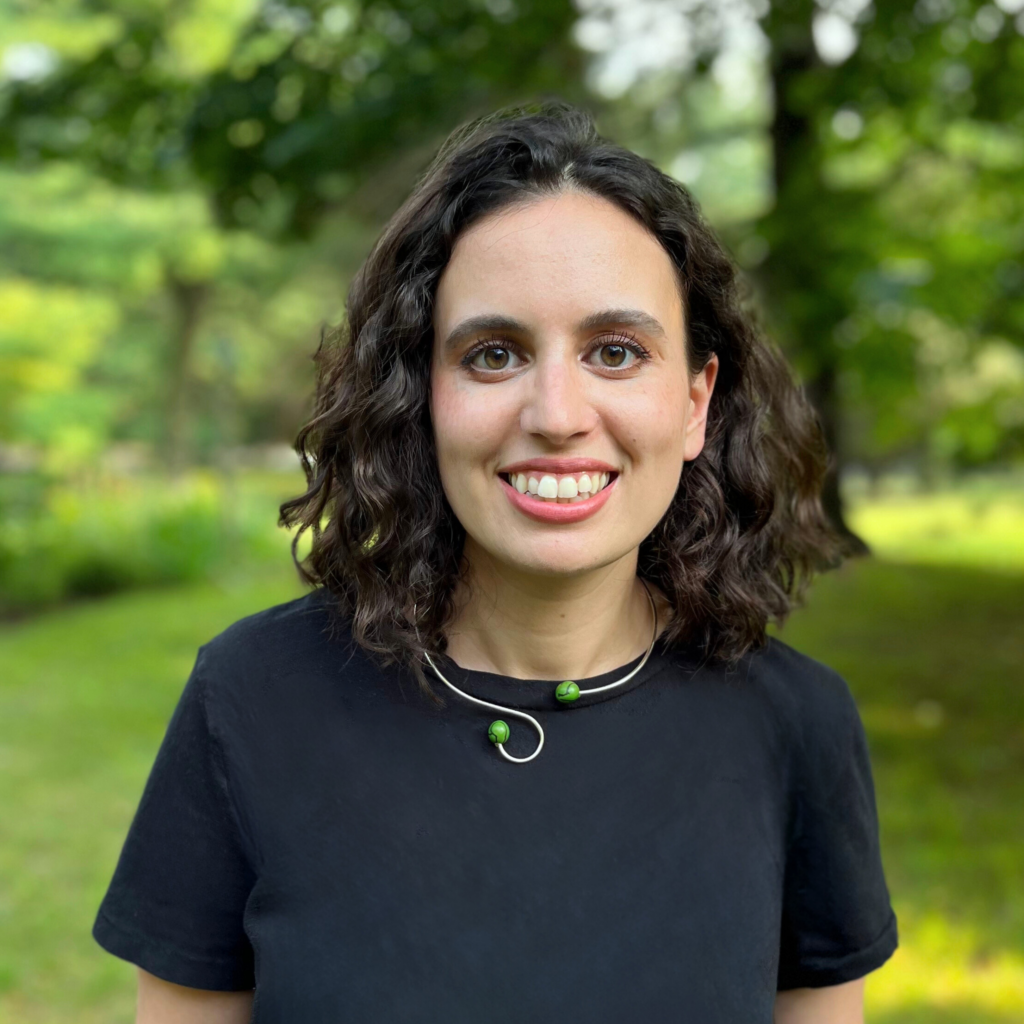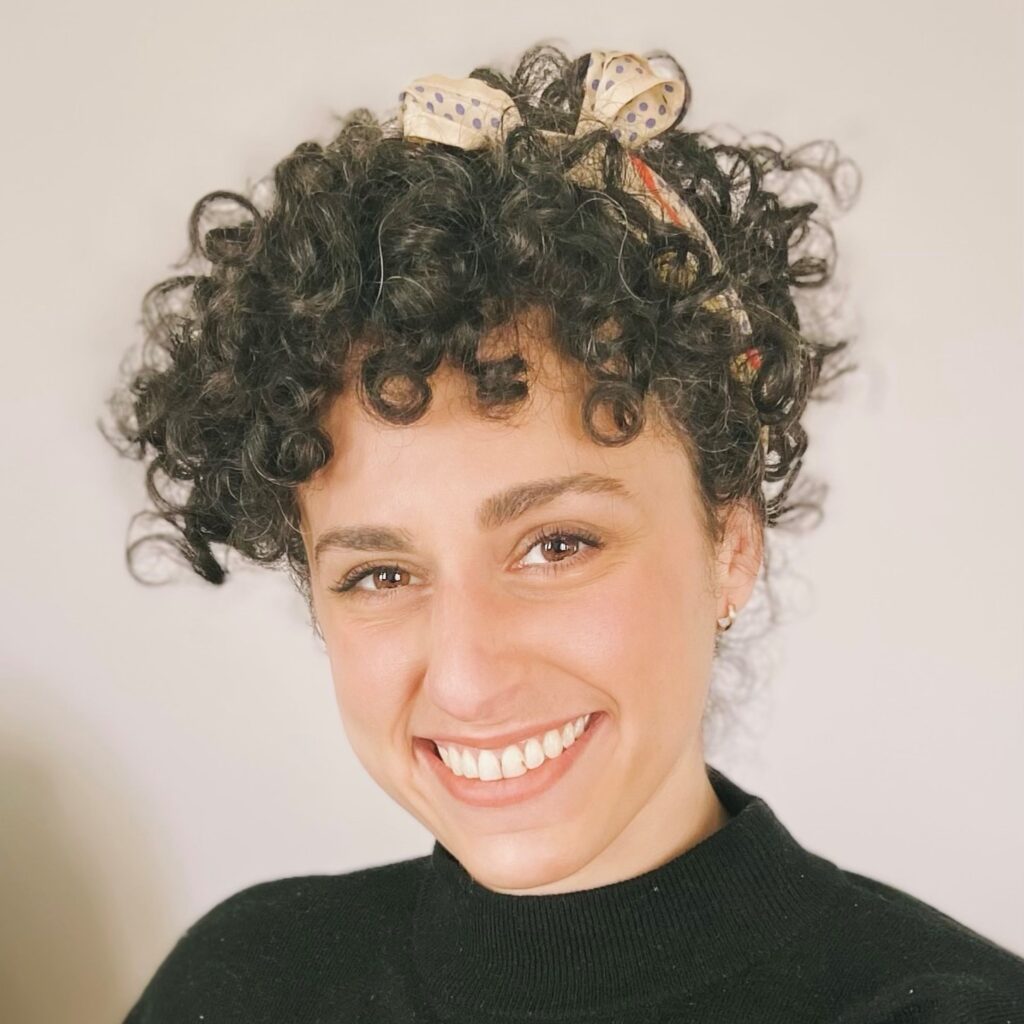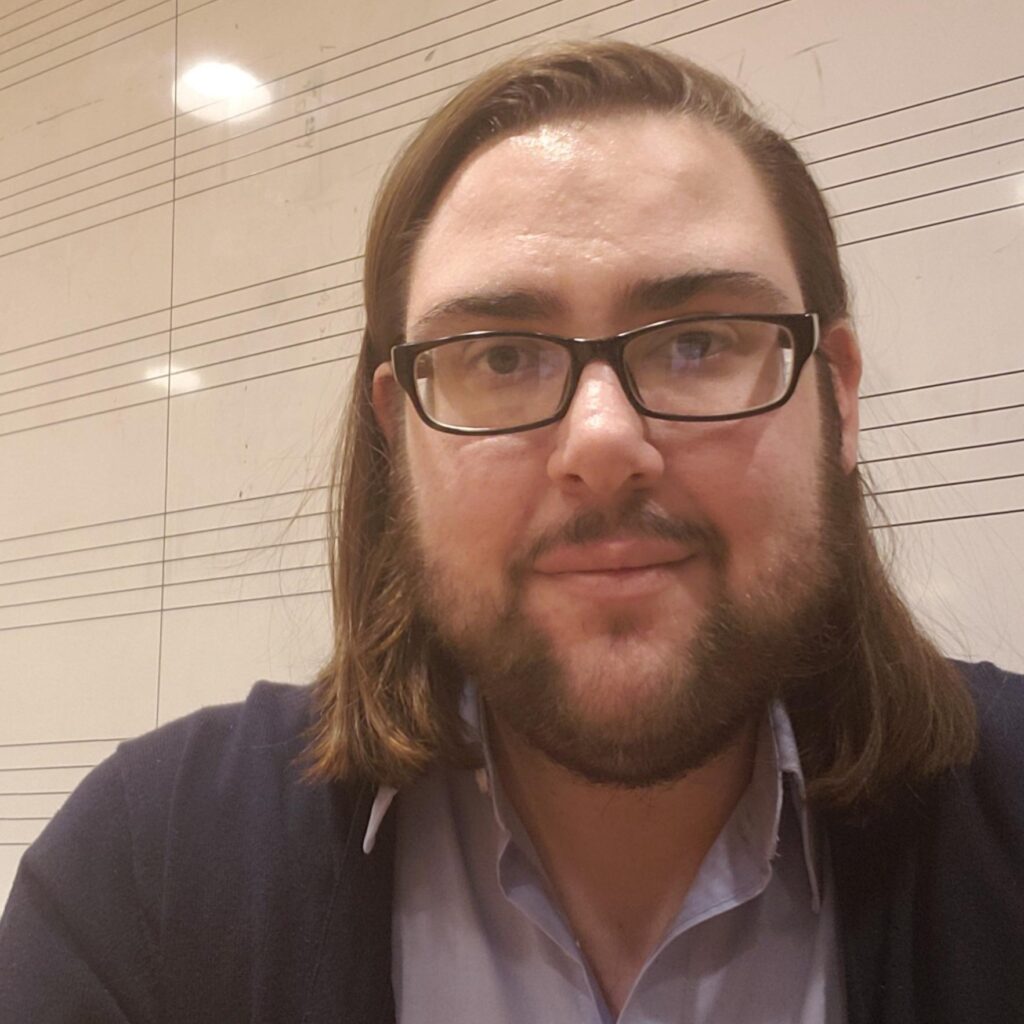
Eliana Luxemburg-Peck (formerly Peck) is a doctoral candidate in Philosophy at the Graduate Center, CUNY. Her research areas include ethics, feminist philosophy and social epistemology, and critical philosophy of race. She is especially interested in responsibility for complex forms of wrongdoing, such as collectively-perpetrated wrongs, structural injustices, and wrongs perpetrated in ignorance, particularly where ignorance stems from epistemic oppression. Eliana’s work has been published in Social Epistemology (2023), Critical Philosophy of Race (2021), and Metaphilosophy (2017; with Ellen K. Feder); she is currently writing a dissertation on complicity. Eliana has been active in departmental service, having served on the Student Steering Committee, the Admissions Committee, and with Minorities and Philosophy (MAP). She is passionate about accessible, inclusive, and justice-oriented philosophy teaching. As of Fall 2023, she will have developed and taught eleven sections of five different courses, most of them at Baruch College (CUNY). Eliana holds a B.A. in Philosophy from American University (summa cum laude) and an M.A. in Philosophy from Vanderbilt University.

Miriam Navas – Hernández is a PhD Candidate in the department of Latin American, Iberian, and Latino cultures at The Graduate Center, CUNY, dedicated to exploring the intersections of gender studies and feminist activism through art. With a primary focus on Spanish women writers, directors, and producers, Miriam delves into how they utilize their art as a form of activism, fighting against various manifestations of violence against women.
Her research delves deeply into the ways in which these creative individuals challenge societal norms and address pressing gender issues through their work, a phenomenon often referred to as “artivism.” By analyzing the narratives, techniques, and messages conveyed in literature, film, and other artistic expressions, Miriam seeks to illuminate the profound impact of these endeavors on both cultural discourse and social change.
Furthermore, Miriam is deeply committed to understanding how the realms of creation, academia, and social movements intersect and collaborate in the collective effort to combat gender-based violence and discrimination. She is driven by a profound belief in the power of art and scholarship to shed light on these critical issues and contribute to the ongoing struggle for gender equality and justice. Through her academic pursuits and advocacy work, Miriam aims to contribute to a more inclusive and equitable society where the voices and experiences of women are heard, valued, and respected. She is dedicated to bridging the gap between theory and practice, academia and activism, in the ongoing quest for a world free from gender-based violence and oppression.

Talya Wolf is a doctoral candidate in the Sociology Department at the CUNY Graduate Center. Her work is on early childcare in New York City with an interest in how childcare recreates intergenerational inequality, as well as how the pressures and limitations associated with early childcare affect parents across the socioeconomic spectrum. Thanks to her experience as a Lehman College WAC Fellow, she is also deeply interested in antiracist pedagogy and praxis. In addition to being a WAC Fellow, she has taught as an adjunct instructor at Queens College and Hunter College. She is an advising fellow for the Masters in Liberal Studies program at the CUNY Graduate Center for the 2023-2024 academic year.

Samuel Teeple is a doctoral candidate in musicology at the Graduate Center, CUNY and co-founder of the GC Music Teaching Hub, an online repository of open educational resources created by graduate students for graduate students. His dissertation examines the role of Jewish Berlin in the musical formation of Germanness at the turn of the nineteenth century, with special attention to questions of race and gender. Samuel is currently a Writing Across the Curriculum Fellow at Lehman College and an adjunct instructor at the Aaron Copland School of Music, Queens College.



